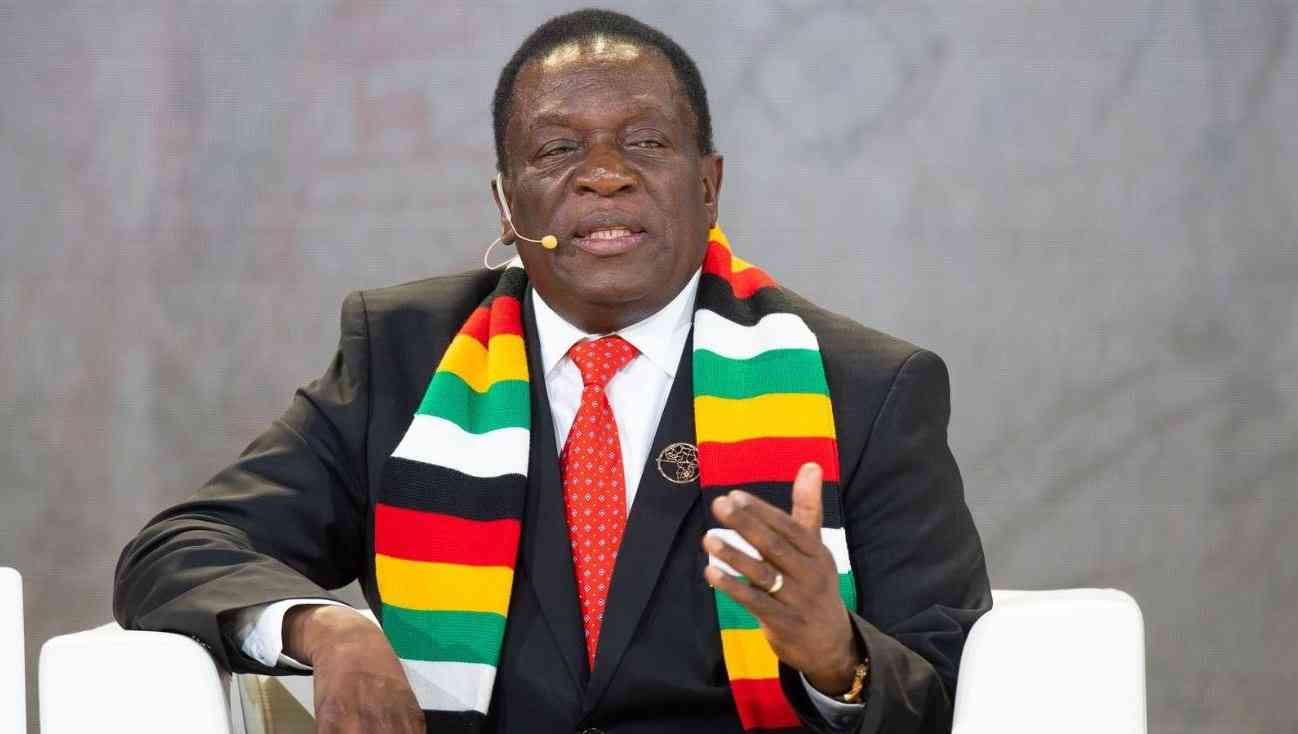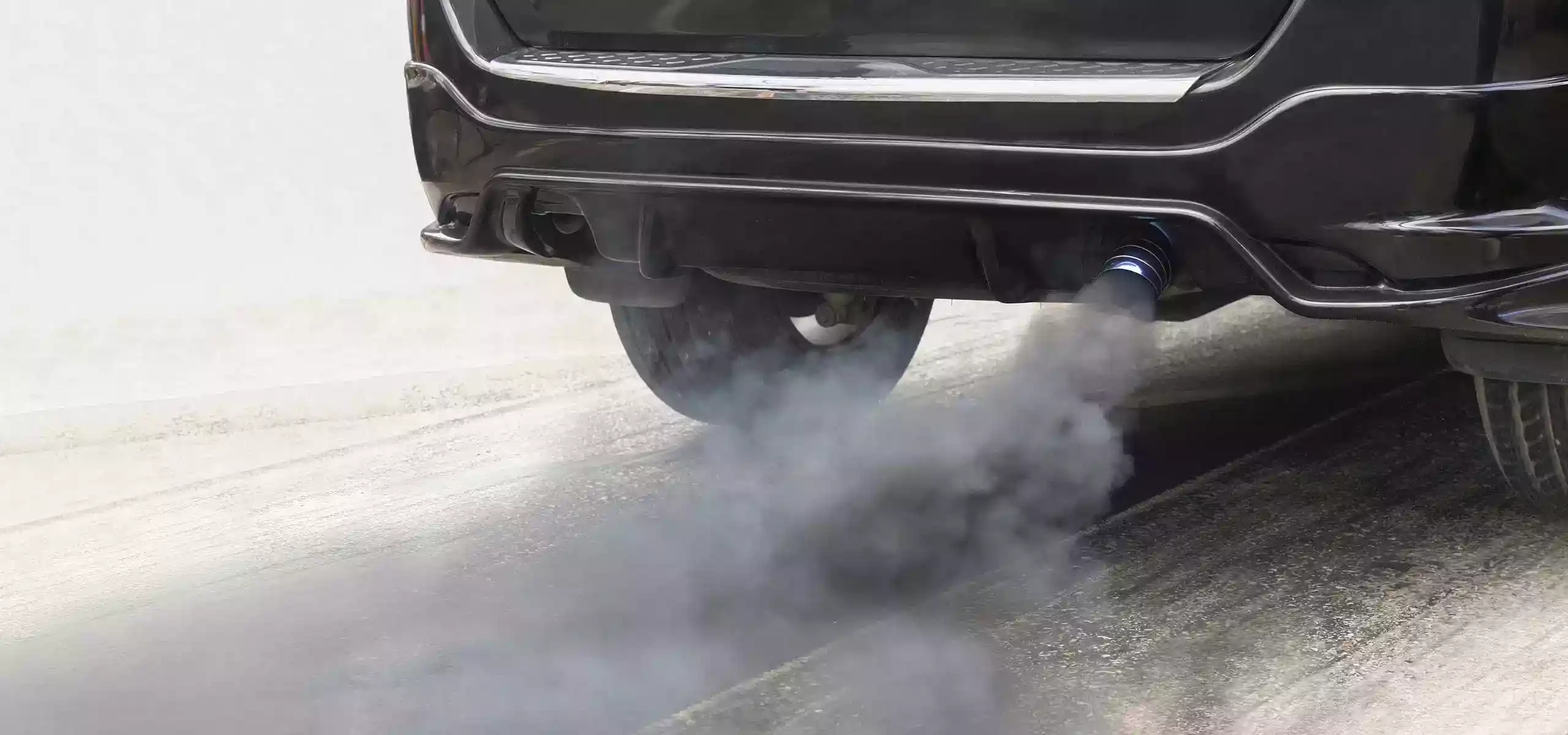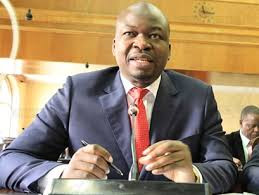
It took Robert Mugabe 37 years to accumulate US$11 billion in foreign debt; which his successor President Emmerson Mnangagwa has more than doubled that amount in just seven years.
The recent revelation by the International Monetary Fund (IMF) that Zimbabwe's true external debt stands at a staggering US$23.3 billion—exposing a US$2 billion gap hidden from official records—is not merely an accounting error.
It represents the financial footprint of a looting spree so vast that it eclipses nearly four decades of previous mismanagement.
Although a leaked document titled "top secret," dated June 5. 2025, and released on Tuesday has been widely discredited as a fake intelligence report, its contents paint an accurate picture of systemic looting in the country.
According to this report, the explosive growth of Zimbabwe's debt is directly attributable to one devastating factor: the systematic plunder of the state by what has been described as a criminal syndicate led by Kudakwashe Tagwirei, operating under the direct protection of Mnangagwa and his inner circle.
Thus, it is conceivable that the IMF’s US$2 billion discrepancy reflects the unaccounted cost of an alleged US$7 billion heist on the Treasury—a calculated raid that has seen more money stolen in seven years than was borrowed during the first 37 years of independence.
The report identifies Tagwirei as "Zimbabwe's most notorious oligarch," and his network, commonly referred to as Zvigananda, as a "criminal syndicate of politically connected and protected looters."
The document lays out a breathtaking what is said to be catalogue of over 20 distinct schemes designed to methodically deplete state coffers.
- Mavhunga puts DeMbare into Chibuku quarterfinals
- Bulls to charge into Zimbabwe gold stocks
- Ndiraya concerned as goals dry up
- Letters: How solar power is transforming African farms
Keep Reading
The US$3 billion command agriculture fraud allegedly orchestrated by Tagwirei’s Sakunda Holdings transformed an agricultural initiative intended to feed the nation into a "cash cow."
The president’s own brand was cynically weaponised to legitimise these thefts and exploit public trust.
Such grand theft would have been impossible without the complicity of the highest office.
The document clis that "President Emmerson Mnangagwa and his family have been key beneficiaries of Tagwirei and his criminal cartel's looting spree," thereby explaining the "state-sanctioned impunity."
This protection is described as all-encompassing, including "physical security from members of the Presidential Guard, CIO, police, use of motorcades with blue lights, and diplomatic passports."
As Mnangagwa’s rule nears its end, the syndicate is now executing a political coup dubbed "Agenda 2030."
According to the document, the plan allegedly involves suspending the 2028 elections, unconstitutionally extending Mnangagwa's term, and installing Tagwirei as vice-president, ultimately positioning the oligarch to seize the presidency and ensure permanent immunity.
The cost of this plunder is evident in the wiped-out pensions resulting from currency collapse and the exorbitant fees citizens must pay for a passport system controlled by the president’s son and Tagwirei.
The intelligence assessment concludes with a stark and timely warning: "Zimbabweans' fury is building up rapidly... we are likely to witness a massive implosion and collapse of Mnangagwa's presidency before the end of this year, 2025."
In its recent assessment of Zimbabwe, the IMF's conclusion that the government’s policies are "not sufficient to extricate the country from the debt crisis" is a profound understatement.
“How can any policy succeed when the state itself has been converted into a vehicle for private theft?”
The IMF’s audit report reveals a truth that transcends politics: a nation has been captured, its future pawned, and its people condemned to pay for a feast from which they have been brutally excluded.
The US$2 billion gap in the books represents the void left by a criminal enterprise, while the more than doubling of the foreign debt to US$23.3 billion during Mnangagwa’s seven-year reign of pillage stands as a testament to this grand looting.
This is the bill for the Zimbabwean people, who have been brutalised and betrayed, left with a nation teetering on the brink of bankruptcy.
Zimbabwe’s skyrocketing debt alone calls for serious introspection regarding Mnangagwa’s rule.
If Mnangagwa receives an extension of his rule to 2030, as his supporters desire, what will Zimbabwe’s debt look like six years from now?
Although the "top secret" report has faced criticism as a fake, its contents should compel every Zimbabwean to reflect deeply on Mnangagwa’s rule and the spectacular decline of the economy.
The situation is poised to worsen soon, with the Reserve Bank of Zimbabwe planning to introduce a mono-currency at a time when the country is heavily reliant on imports.
Shelves will soon be empty again, and the spectre of 2008 looms large.










